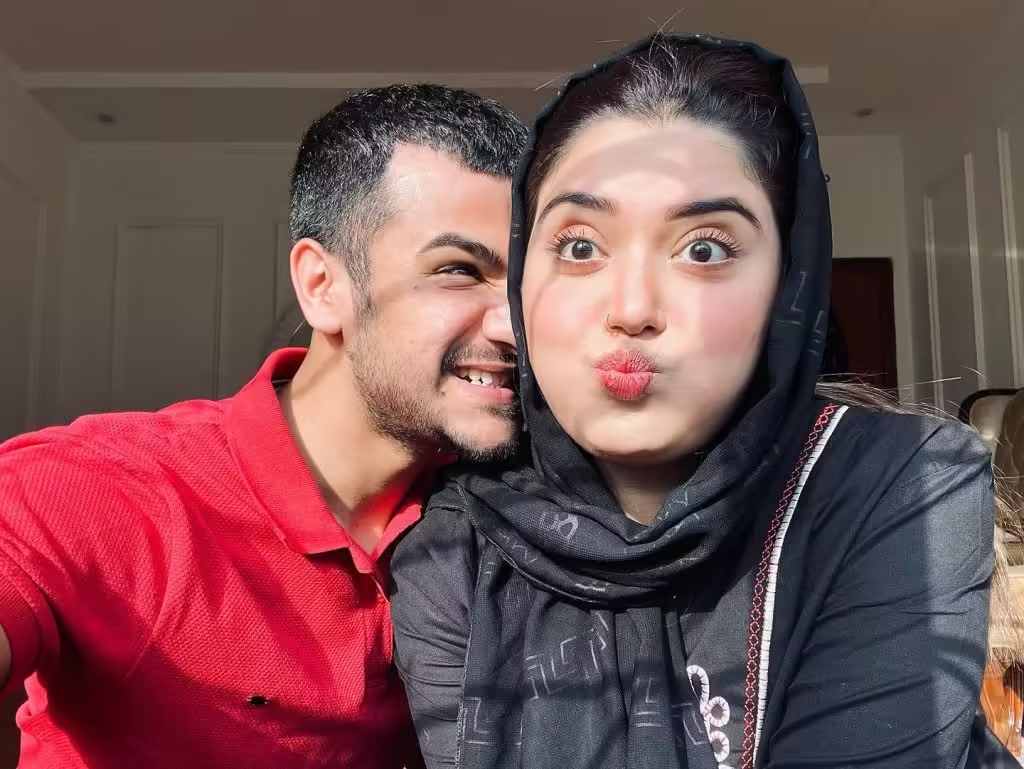The death of Hezbollah leader Hassan Nasrallah has created a significant challenge for Iran, raising questions about how Tehran will maintain its regional influence without a key ally. On Saturday, Lebanon’s Hezbollah confirmed Nasrallah’s death following an Israeli airstrike on Beirut’s southern suburbs, marking a sharp escalation in the ongoing conflict between Hezbollah and Israel.
Nasrallah’s death, alongside Iranian Revolutionary Guards General Abbas Nilforoushan, comes amid nearly a year of cross-border hostilities since the Gaza conflict began, pushing the region closer to a wider war. Iran’s Supreme Leader Ayatollah Ali Khamenei vowed retaliation, calling Nasrallah’s death “not in vain,” while Iran’s First Vice President, Mohammad Reza Aref, predicted it would hasten Israel’s “destruction.”
Despite Tehran’s fierce rhetoric, analysts suggest that Iran is reluctant to become directly involved in the conflict, but it faces a dilemma in how to proceed without its most significant regional proxy. Hezbollah, long financed and armed by Iran, has been crucial to Iran’s regional ambitions, making its leadership loss a severe blow.
Tehran now faces additional challenges, including the potential strain on its already fragile economy. Hezbollah’s reconstruction and re-equipping efforts would add to Iran’s economic burden, worsened by sanctions, inflation, and unemployment. Analysts argue that while Iran may continue to support Hezbollah, doing so could exacerbate its internal economic crisis.
As regional tensions rise, particularly with Israel’s vow to prevent further arms supplies to Hezbollah, Iran’s communication with its proxies has also been compromised, further complicating its strategic position.



